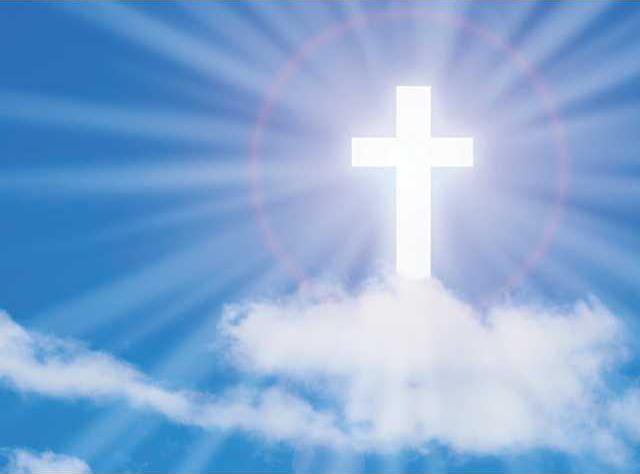Habakkuk, the prophet, lived in wicked times. From the royals to the everyday person, sin ruled. They failed to heed the warnings given by various prophets sent from God. It is no wonder the prophet had the question, “How long would God allow the nation to go on in such a state.”
When the prophet got his answer, he was stunned and perplexed. Being a faithful follower of Jehovah, Habakkuk wrote: “I will stand upon my watch, and set me upon the tower, And will watch to see what he will say unto me, And what I shall answer when I am reproved. And the LORD answered me, and said, Write the vision, and make it plain upon tables, That he may run that readeth it. For the vision is yet for an appointed time, But at the end it shall speak, and not lie: Though it tarry, wait for it; Because it will surely come, it will not tarry” (Habakkuk 2:1 – 3).
The answer God had provided his prophet explained something that man has struggled with understanding: God will take care of the matter when He determines it is time. God chose to send the Messiah when He decided. “But when the fulness of the time was come, God sent forth his Son, made of a woman, made under the law, To redeem them that were under the law, that we might receive the adoption of sons” (Galatians 4:4, 5). The faithful had to wait for the coming of the Messiah just as the faithful today must have patience and wait faithfully for the arrival of the Messiah in judgment (Matt. 24:36 – 44; 2 Peter 3:10).
God would take care of His people who were in rebellion with Him, but the way it was to be done troubled Habakkuk.
God told Habakkuk that the Chaldeans’, a terrible and wicked nation, would be raised against Judah, destroying the country.
Habakkuk was a great man of faith. He and a remnant of others were in the minority in a nation of wickedness. Habakkuk loved his people. God telling the prophet that the sins of Judah would be quelled was a positive thing for the righteous to hear, but to have it done by Babylon to the prophet seemed to be a negative and a thing almost too heavy to bear. The Babylonians were known to be worse than the Assyrians; the nations of Judah watched as they captured Israel. They were known as butchers when it came to battle. The mere mention of their name brought fear to a nation.
The wording, “I will stand upon my watch, and set me upon the tower,” is figurative. Having received this message from God, the prophet reflects on God’s answer and waits for more information. Patience is what the prophet of faith had to have. God would answer when He determined it to be the time. Habakkuk might have come up with many answers to his questions about why God would use the Chaldeans, but he knew God was the only one to give him the correct answer, so he waited on God for the revelation and execution of the vision.

